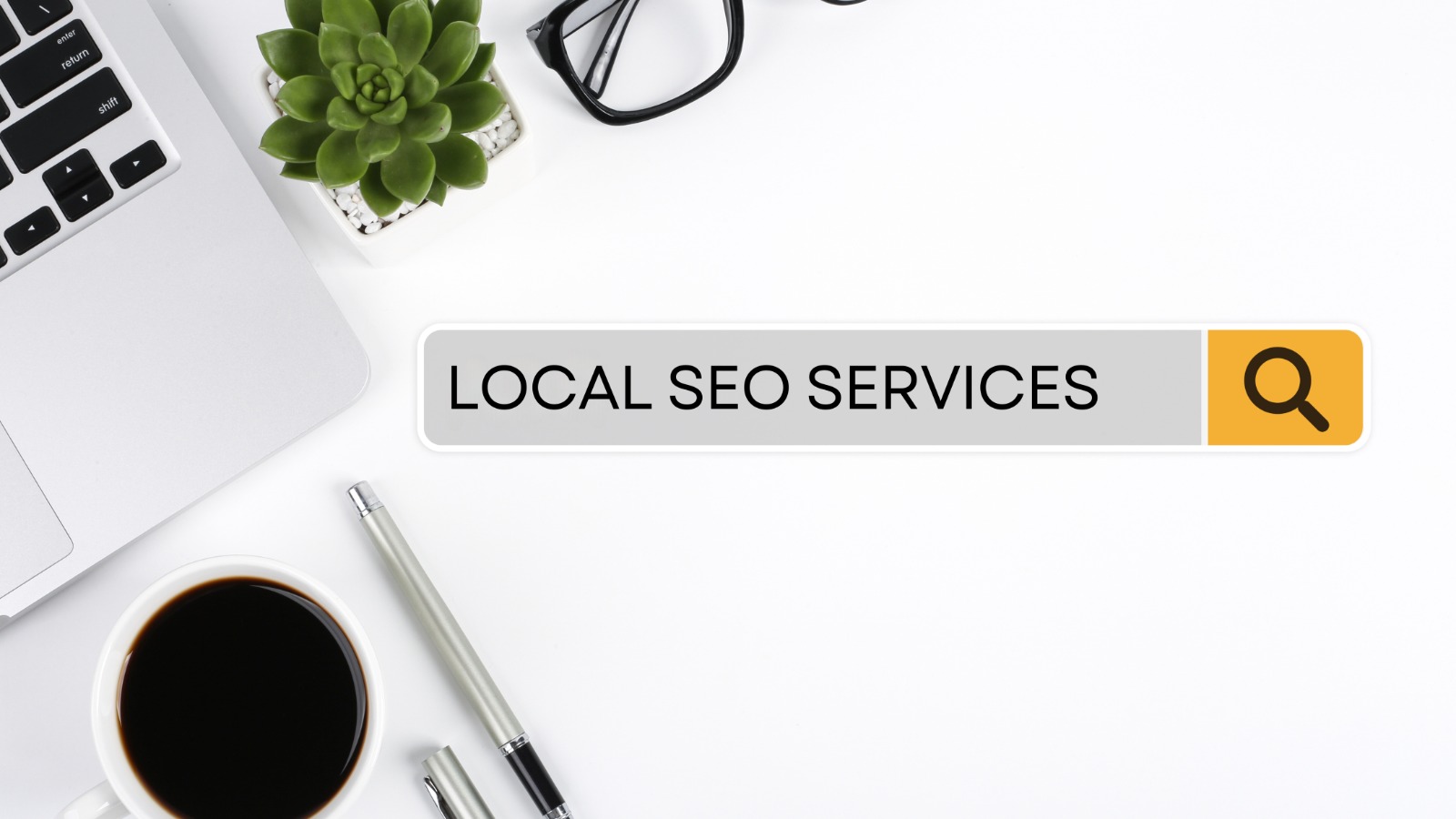In today’s age, a strong online presence is no longer a luxury – it’s a necessity. But simply having a website isn’t enough. To truly thrive in this competition, you need a well-defined digital marketing strategy. This strategy serves as your roadmap, guiding your efforts to reach the right audience, build brand awareness, and ultimately, drive sales.
Table of Contents
ToggleWhat are Effective Digital Marketing Strategies?
Effective digital marketing strategies encompass a variety of tactics designed to leverage online channels to achieve your marketing goals. These strategies should be specific, measurable, achievable, relevant, and time-bound (SMART), allowing you to track progress and optimize your approach for maximum impact.
Here are some of the most effective digital marketing strategies you can incorporate into your plan:
- Content Marketing: The Cornerstone of Engagement
Content marketing is the foundation of any successful digital marketing strategy. By creating high-quality, informative, and engaging content that resonates with your target audience, you establish yourself as a thought leader in your industry. This content can take many forms, such as:
- Blog posts: Share valuable insights, industry trends, and how-to guides relevant to your target audience. Use effective digital marketing strategies in the titles, subheadings, and throughout the content, naturally around 8-10 times.
- Infographics: Present complex information in a visually appealing and easily digestible format.
- Ebooks: Offer in-depth resources on topics of interest to your audience in exchange for their contact information.
- Videos: Create engaging explainer videos, product demonstrations, or customer testimonials.
- Search Engine Optimization (SEO): Get Found Online
Imagine your website as a hidden gem. SEO helps you remove the cloak of invisibility and ensure your website appears at the top of search engine results pages (SERPs) for relevant keywords. This involves optimizing your website content, meta descriptions, and technical aspects to improve search engine ranking. By implementing effective digital marketing strategies for SEO, you can attract organic traffic – potential customers actively searching for solutions you offer.
- Social Media Marketing: Build Relationships and Brand Advocacy
Social media platforms provide a powerful avenue to connect and engage with your target audience. By establishing a presence on the platforms where your audience is active, you can share your content, participate in conversations, and build brand loyalty. Utilize effective digital marketing strategies by creating social media content calendars that highlight different elements of your strategy, keeping the keyword density around 2-3 times per post.
- Email Marketing: Cultivate Direct Relationships
Email marketing remains a highly effective way to nurture leads, promote your products or services, and drive conversions. Build an email list by offering valuable content or exclusive discounts in exchange for signups. Craft compelling email campaigns that provide value to your audience and encourage them to take action. You can weave effective digital marketing strategies into your email subject lines and within the body copy, aiming for 2-3 mentions.
- Pay-Per-Click (PPC) Advertising: Targeted Reach and Fast Results
PPC advertising allows you to display targeted ads on search engines and other websites frequented by your ideal customers. You only pay when someone clicks on your ad, making it a cost-effective way to drive qualified traffic to your website. Utilize effective digital marketing strategies in your ad copy to ensure your message resonates with your target audience, keeping the keyword density around 1-2 times.
- Influencer Marketing: Leverage Credibility and Trust
Partnering with influencers in your industry allows you to tap into their established audience and credibility. Influencers can promote your brand or products to their followers, driving brand awareness and trust. When collaborating with influencers, ensure their audience aligns with your target market.
- Data-Driven Marketing: Continuously Optimize and Improve
Don’t set your digital marketing strategy on autopilot. Regularly track key metrics such as website traffic, engagement rates, and conversion rates. Leverage analytics tools to understand what’s working and what’s not, allowing you to refine your strategies and optimize your campaigns for better results. By incorporating effective digital marketing strategies throughout your data analysis, you can identify areas for improvement and maximize ROI.
Conclusion: A Symphony of Strategies for Success
Effective digital marketing strategies are not standalone tactics. They work best when combined and orchestrated to create a holistic online marketing strategy. By implementing these strategies and tailoring them to your specific niche and target audience, you can unlock explosive growth for your business. Remember, the key lies in creating valuable content, building relationships, and continuously optimizing your approach based on data insights. So, what are you waiting for? Start crafting your winning digital marketing strategy today.
FAQs: Your Guide to Effective Digital Marketing Strategies
Q1: What is content marketing?
Ans. Content marketing involves creating and sharing valuable, relevant content to attract and engage a target audience, ultimately driving profitable customer action.
Q2: How does SEO help my business?
Ans. SEO (Search Engine Optimization) improves your website’s visibility on search engines, making it easier for potential customers to find you when searching for relevant keywords.
Q3: Why is social media marketing important?
Ans. Social media marketing helps you connect with your audience, build relationships, and foster brand loyalty by sharing content and engaging in conversations on platforms where your audience is active.
Q4: What are some effective types of content for marketing?
Ans. Effective types of content include blog posts, infographics, ebooks, and videos that provide valuable information and insights to your audience.
Q5: How can email marketing benefit my business?
Ans. Email marketing allows you to nurture leads, promote your products or services, and drive conversions by sending targeted, valuable content directly to your subscribers’ inboxes.
Q6: What is PPC advertising?
Ans. PPC (Pay-Per-Click) advertising is a model where you pay for each click on your ads, allowing you to display targeted ads on search engines and other websites, driving qualified traffic to your site.
Q7: How does influencer marketing work?
Ans. Influencer marketing involves partnering with industry influencers who promote your brand or products to their followers, leveraging their credibility and audience to build trust and awareness.
Q8: What is the role of data-driven marketing?
Ans. Data-driven marketing uses analytics and metrics to track the performance of your marketing efforts, allowing you to optimize and refine your strategies for better results.
Q9: Why is it important to combine different digital marketing strategies?
Ans. Combining different strategies creates a holistic approach that maximizes reach, engagement, and conversions, ensuring a well-rounded and effective digital marketing plan.
Q10: How can I start creating a digital marketing strategy?
Ans. Begin by identifying your target audience, setting SMART goals, and selecting a mix of digital marketing tactics such as content marketing, SEO, social media, email marketing, PPC, and influencer marketing to achieve those goals.
















Select your comment provider from settings.